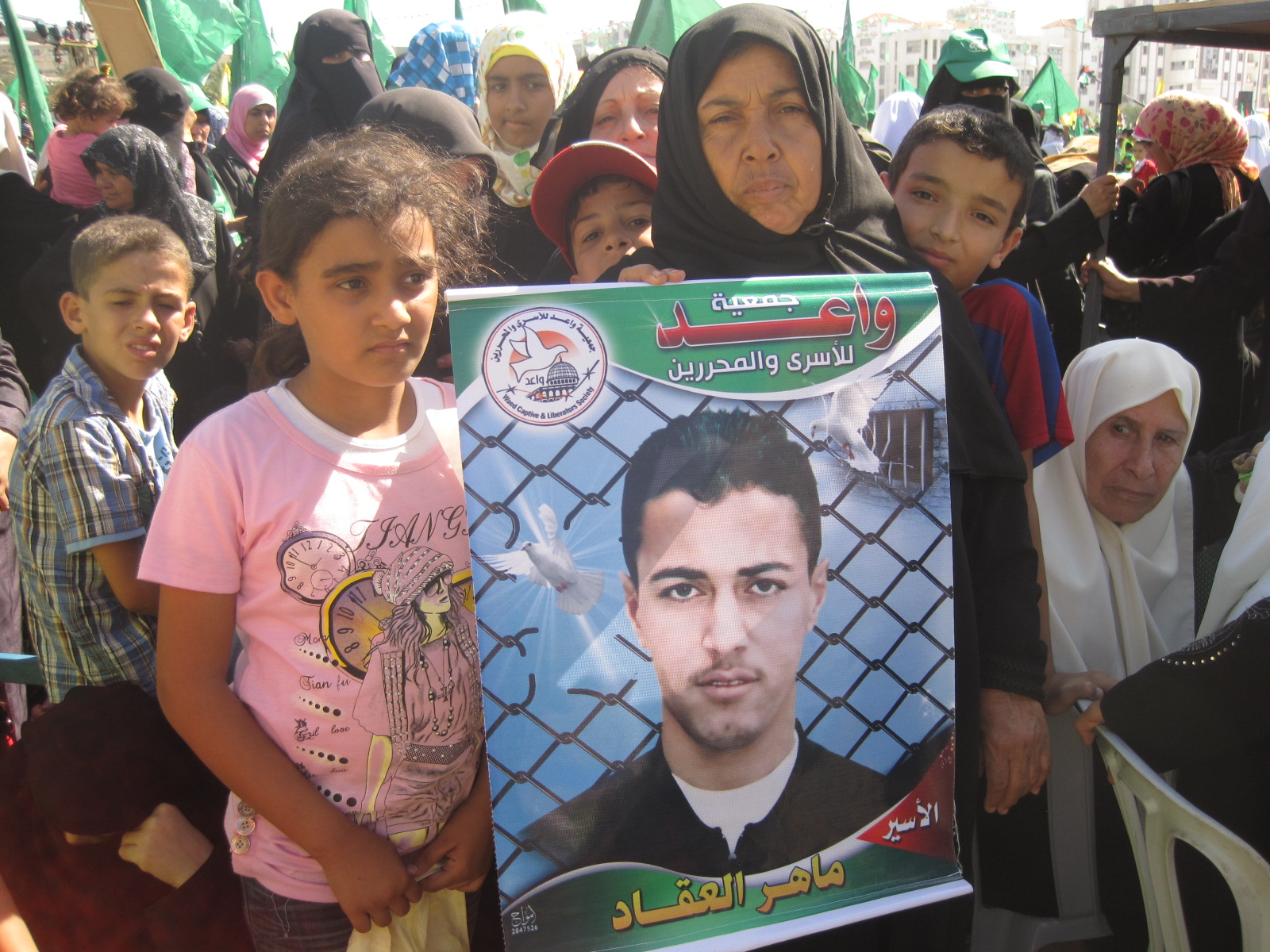Month: October 2011
-
Festival of Victory and Triumph: Families in Gaza welcome return of prisoners
by Radhika S. 18 October 2011 | International Solidarity Movement, Gaza Thousands of Palestinians gathered in Gaza City’s Qatiba Square yesterday morning, swelling to over 200,000 as news arrived that the prisoners had safely crossed the border from Egypt into Rafah. ISM volunteers waited for hours with local families eager to catch a glimpse of…
-
In Ramallah Palestine tastes freedom at release of prisoners
18 October 2011 | International Solidarity Movement, West Bank It was the third time that Omar, 21, tried to write his name and cell number on a piece of paper in vain. His hands were shaking and the fingers, pale as the face, could barely hold the pen. On the fifth try he was able to write…
-
In Photos: The survival of olives
16 October 2011 | International Solidarity Movement, West Bank The olive harvest started in theWest Bankin early October and will continue in some villages until mid-November. Olives have been cultivated in Palestinian land for thousands of years. Around 95% of the harvest is used to make olive oil, with the remainder for pickles, table olives,…


